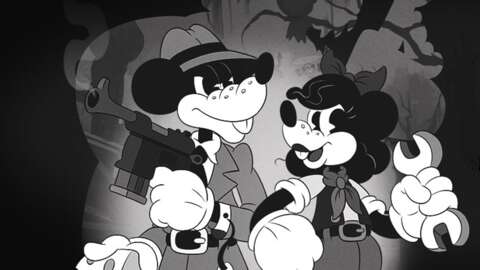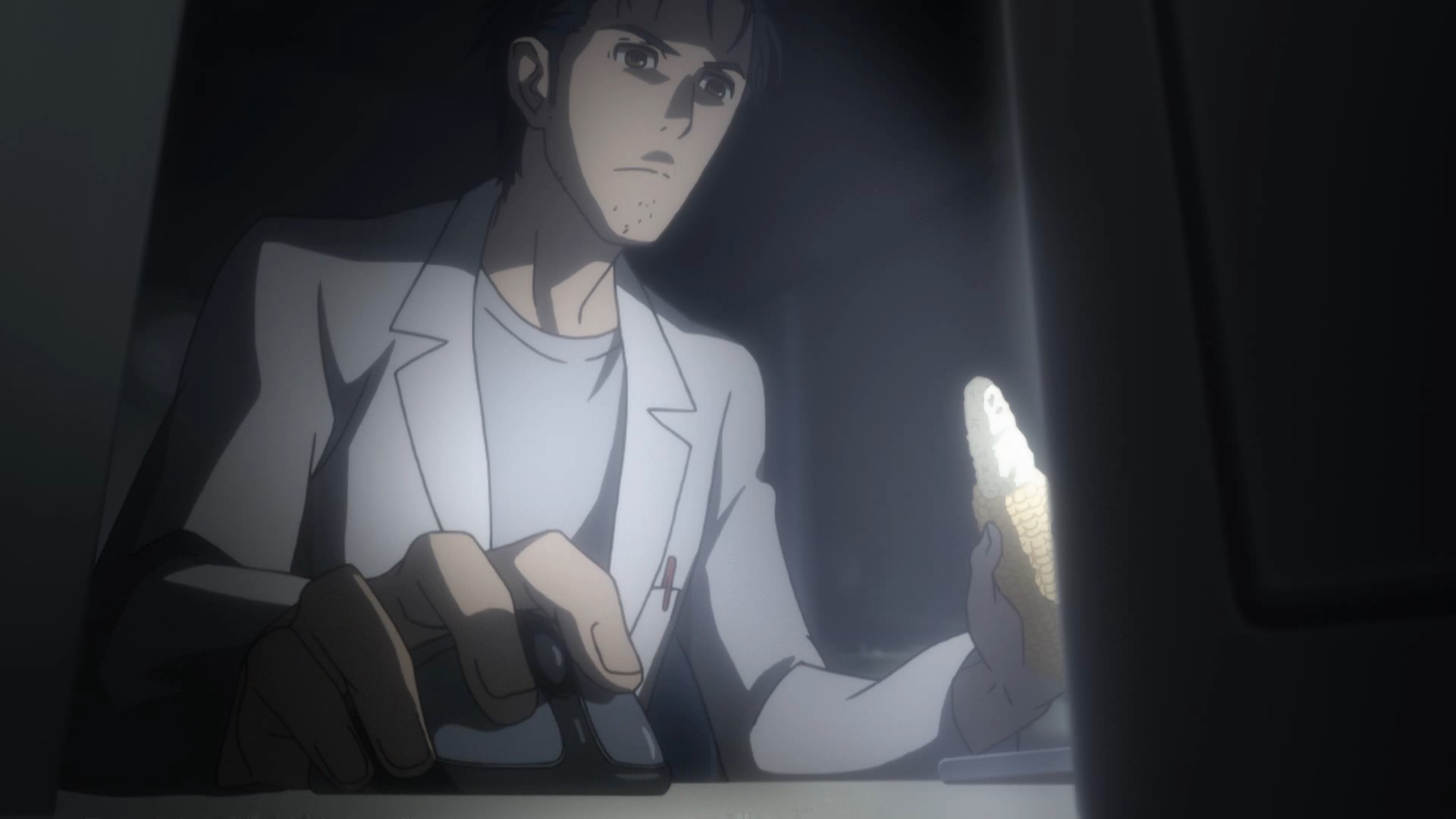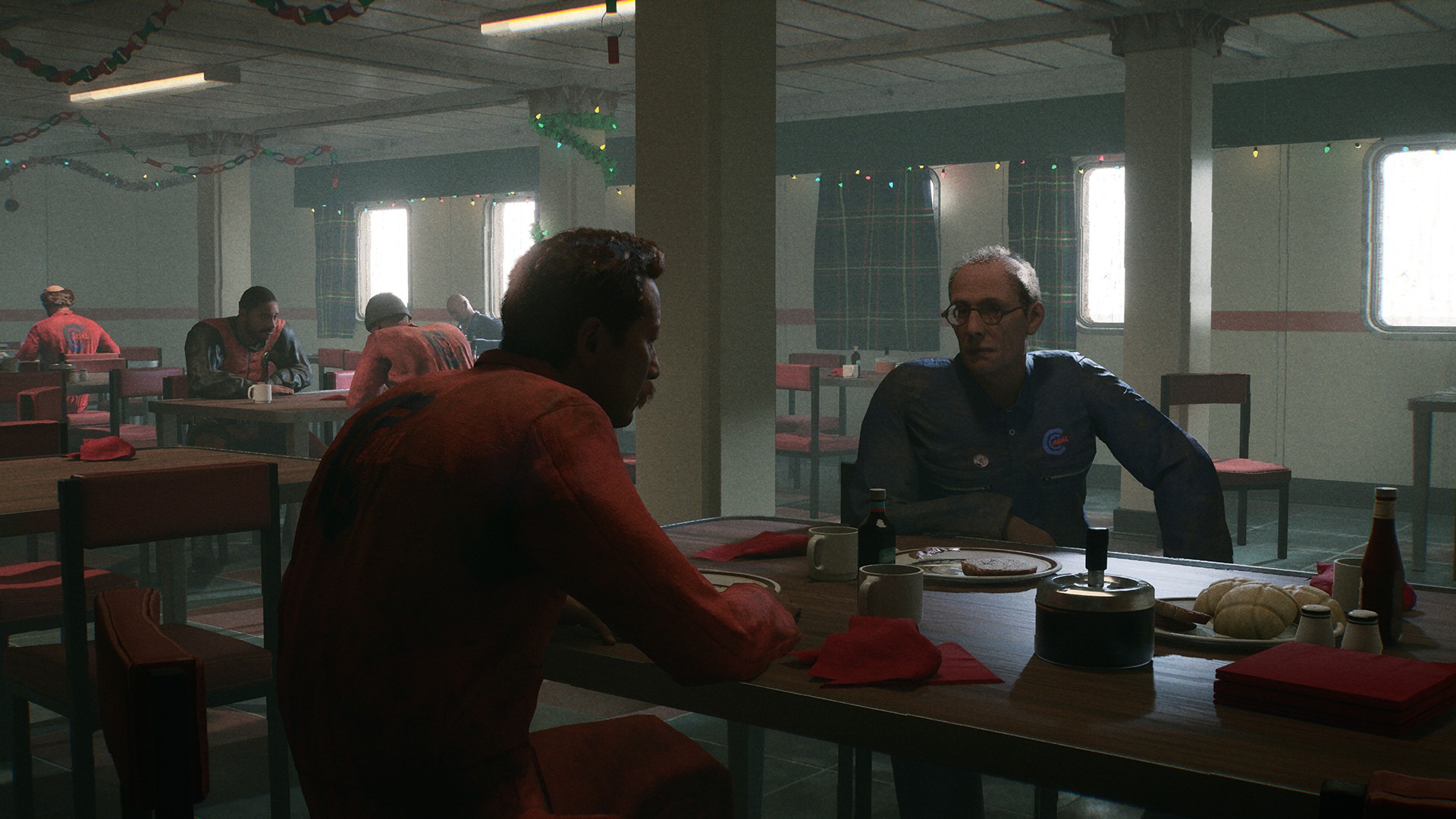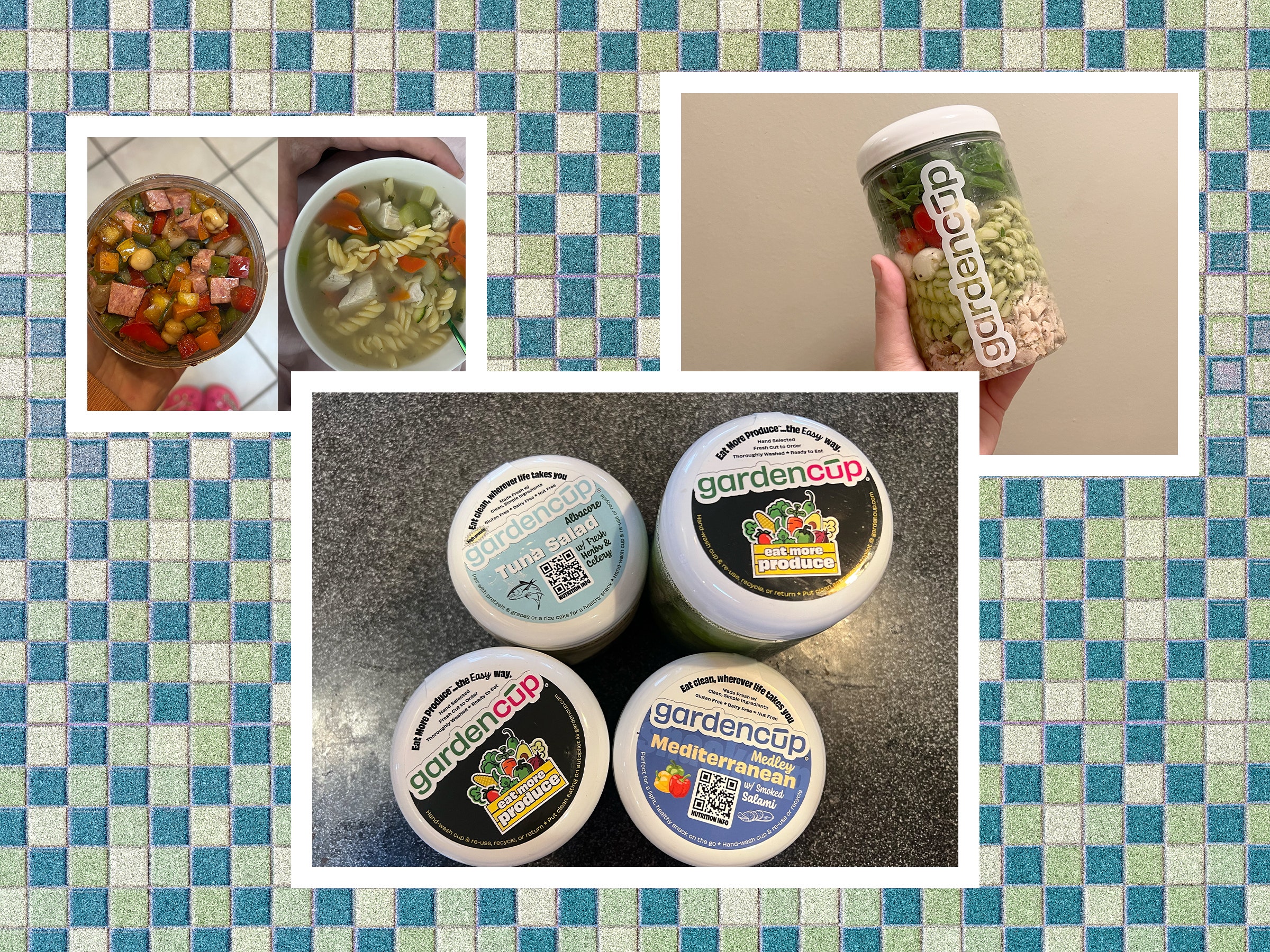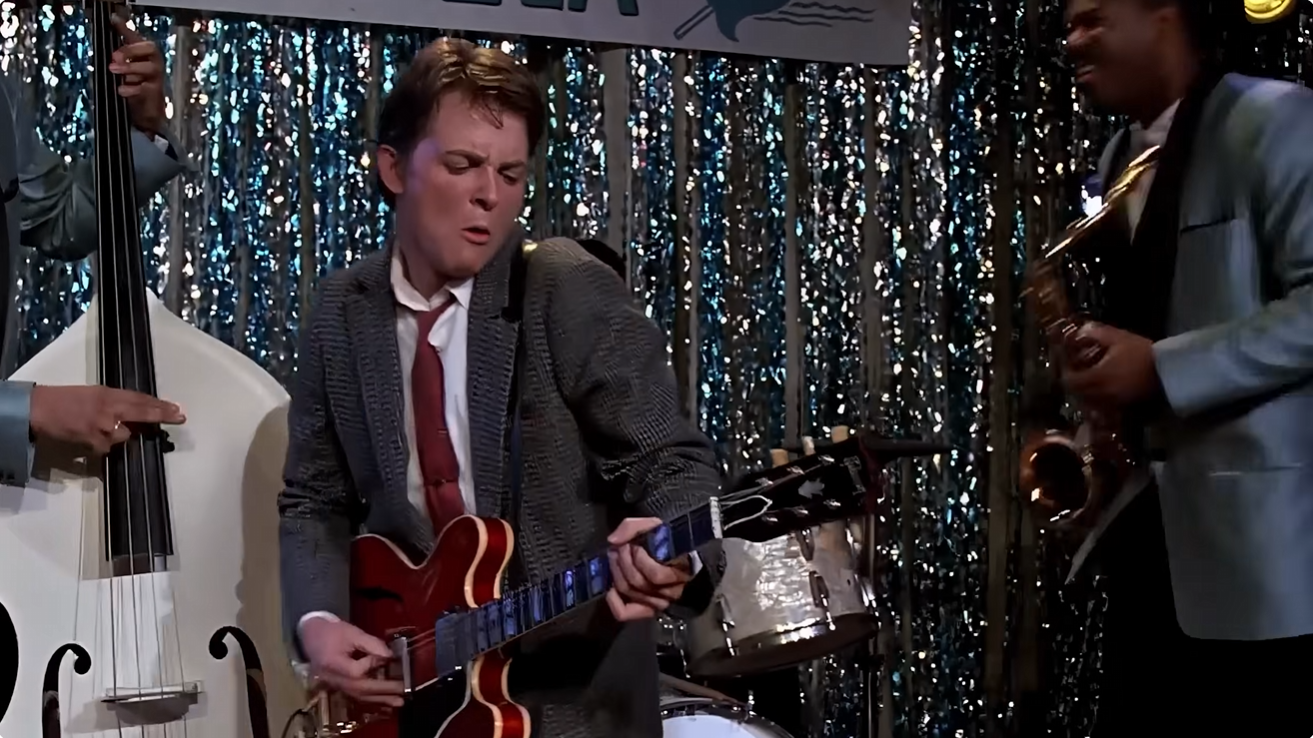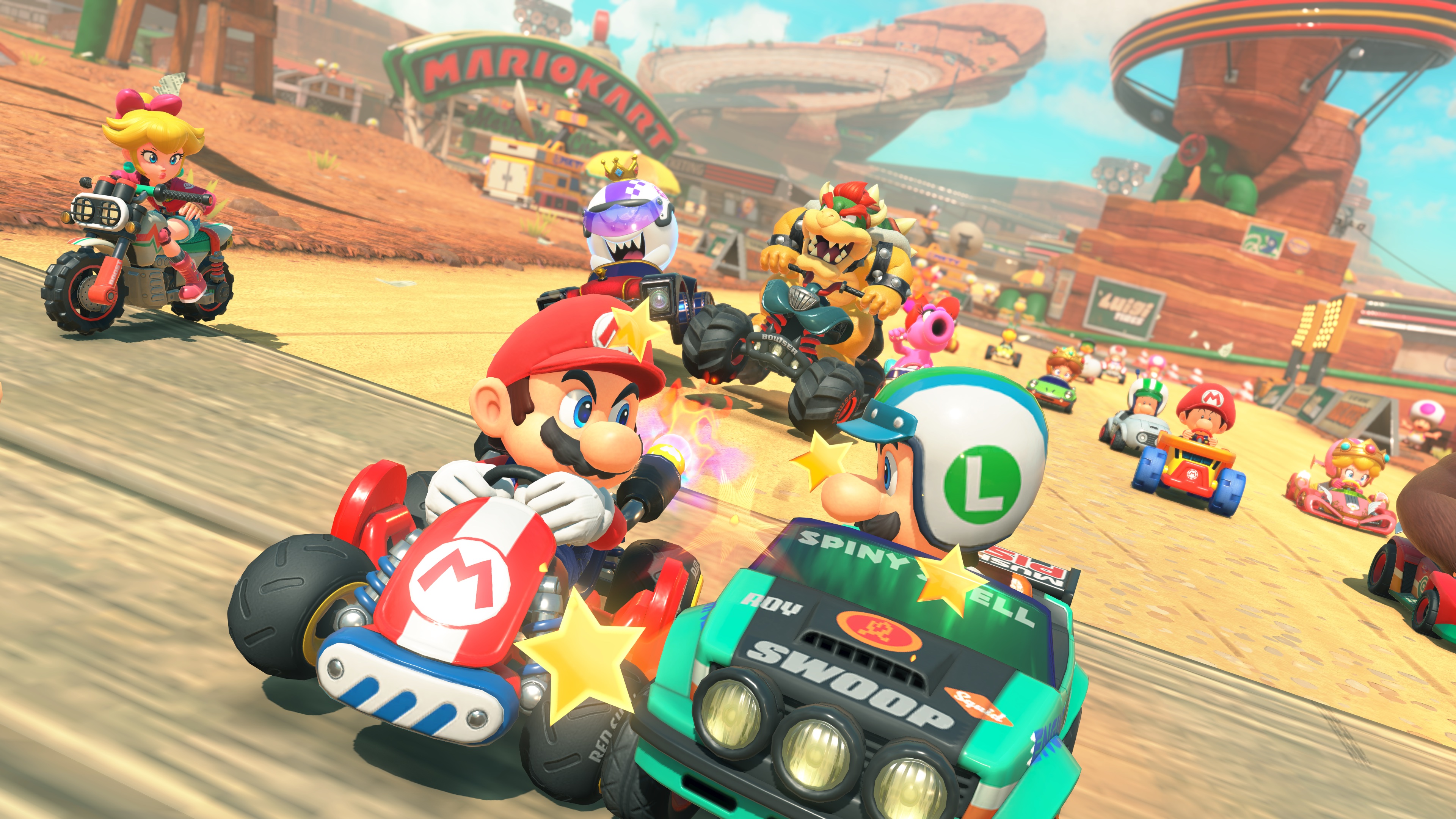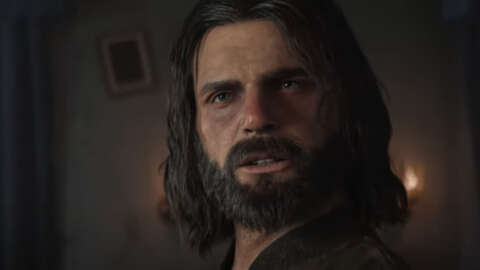
In every iteration — bestselling novel, hit Broadway show, now a movie that’s really only half a movie — Wicked is about the “good witch” Glinda failing upward. Sure, Wicked is about a lot of things, including bigotry, the rise of fascism, and a woman finding she has a voice after a lifetime of obeying orders to be quiet. There’s even a love story wedged in there. But look at any of those threads, and you’ll find Glinda in the middle of them, failing in major and minor ways.
She fails herself, her college, and her country, but she especially fails her rival, roommate, and eventual friend Elphaba. In the new movie adaptation of Act I of the Broadway show, one of the ways she fails Elphaba caught my attention in a way it never did onstage.
The movie — technically Wicked: Part I — is nearly as long as the entire Broadway show (intermission and all), because director Jon M. Chu wanted to expand on Elphaba’s backstory and make her a more believable, rounded character. So the movie shows more of her as a baby, rejected by her parents and raised by a bear-nanny, and as a young child, dealing with bullies and weathering her father’s disgust and disapproval. The explanation for his contempt is the same in both the Broadway show and the movie: Once Elphaba and Glinda form a tentative friendship, Elphaba admits her father loathes her because it’s all her fault that her mother is dead and her sister Nessarose is a woman with paraplegia.

Why? Because Elphaba was born with green skin, and her father was so paranoid about the pattern repeating with his second daughter that he forced his wife to constantly chew on milk flowers while she was pregnant. The flowers, meant to give his second child lighter skin, poisoned his wife, who died in pregnancy, and “made Nessa come too soon, with her little legs all tangled.” Nessarose has used a wheelchair ever since.
And Glinda, faced with this clear evidence that Elphaba’s father is a monster and that Elphaba herself has been dealing with familial abuse, survivor’s guilt, and misplaced shame her entire life, chirps, “That was the milk flowers’ fault, not yours!”
In the stage show, that moment blitzes by in a quick second, just another little chunk of evidence that even at her most well-intentioned, Glinda is still shallow and naïve. In the movie version, though, Elphaba is intentionally more of a realized person, and Cynthia Erivo gives her a haunted, wounded dignity that Chu zooms in on over and over. When she tells this story, it has gravitas and weight. It’s a narrative she’s played out over and over in her mind, and that she’s let define her as a person. It isn’t just that her father blames her for these things — she truly believes them herself.
And in this scene, Ariana Grande as Glinda takes in Elphaba’s confession with obvious sympathy and horror written all over her face. She pauses, takes in a breath, looks for a way to comfort her new friend, and still comes out with that banal little benediction. It’s still just one quick exchange in the middle of a spectacle movie, but it has so much more, well, gravity in the film. And in a rendition of Wicked that’s intended to make its characters a bit more like actual people, it seems even more ridiculous of Glinda to so completely miss the point.

Elphaba’s life has been radically shaped by bigotry and cruelty, not by some flowers that didn’t do their job. But she’s been forcefully taught to blame herself for her father’s choices, as if he couldn’t possibly help but reject his firstborn daughter for her skin color, but also couldn’t stop himself from fatally poisoning his wife and permanently harming his other child. And the best Glinda can do is suggest that she should blame the poison, not the poisoner.
Chu’s Wicked isn’t well set up to address Elphaba’s enhanced pain, or give her a moment of realization about how her father’s narrative about her shortcomings has harmed her, too. The script for both the stage show and the movie whisk past this moment and on to, as it were, greener pastures. (Act II doesn’t deal with it either, beyond a quick note that Elphaba was never able to come to terms with her father. Maybe Stephen Sondheim’s planned new songs for Wicked: Part II can unpack this aspect of the story: If he’s looking for suggestions, let me offer the titles “God, I Really Need Therapy” and “I Finally Realized My Dad Sure Does Suck.”)
Arguably, Elphaba deciding to push back against the Wizard (Jeff Goldblum) is a symbolic way of pushing back against her dad — especially after he pushes her particular buttons in “A Sentimental Man” by suggesting he wants to be her father figure. And she’s probably thinking mostly of her father in “Defying Gravity,” when she sings “Too long I’ve been afraid of losing love I guess I’ve lost / Well if that’s love, it comes at much too high a cost.” Maybe the fact that she never really does come to terms with her father’s blame game is an important emotional beat.

But for Glinda, this moment feels like such a turning point in the movie. It’s a sign that she’s never really going to Get It. There just isn’t room in her worldview for a scenario where people are as cruel as Elphaba’s father Frex, or where people define themselves around stories that are outright lies. She doesn’t know Frex and isn’t caping for him or trying to let him off the hook. She’s genuinely trying to help, but it never occurs to her to question Frex’s narrative, his motives, or his own culpability.
And that might be because she shares his perspective. Given the way she treats Elphaba from the moment they meet, as though having green skin defines her and makes her monstrous, it seems likely enough that she gets where Frex was coming from. Of course he’d be willing to poison his wife in order to not have two green kids! It isn’t that she’s justifying his bigotry to Elphaba, it’s just that she doesn’t question it, see how it led to a horrifying, fatal situation. Because that would lead to her questioning herself as well.
The whole scene is a key to how Glinda thinks. She lives in a carefully curated world where no one is bad and no one’s actions are bad, particularly her own. It’s just that sometimes bad things happen for no reason. That attitude leaves her particularly incapable of dealing with the Wizard and Madame Morrible.
There’s no sign in this movie — or the rest of the stage play, as the story concludes — that Glinda ever really understands why propaganda is dangerous, or accepts that helping to spread it herself is an evil choice that hurts people unnecessarily. Even when she’s being malicious, she doesn’t see malice. And that’s because she never really seems to look past the surface of any situation, and malice — at least, big life-changing malice — is so often presented under the surface of a much prettier lie.

That may be a reading of Wicked that lets Glinda off the hook a bit for choices still to come in Wicked: Part II, but it’s the reading the milk flowers exchange gives us. She’s still responsible for her choices, and what those choices to do Elphaba and to Oz. Refusing to look past the surface — dancing through life, as Fiyero puts it — is a choice just as much as her choice to not join Elphaba on the broomstick during “Defying Gravity,” and every choice that follows it.
But it’s fascinating to see such a small, brief exchange become such an unpackable and symbolic moment in the movie version, such a foreshadowing of larger things to come in the story. In a spectacle story that’s so much about big, bold declarations of secret desires and public intentions, Chu’s version of Wicked — and Erivo and Grande’s choices as actors — still make this tiny exchange seem significant, and emotional, and exasperating.
“That was your father’s fault, not yours!” was right there, Glinda. And what a different story this would have been if either Glinda or Elphaba was capable of seeing through that particular lie, and calling it out as self-serving, hateful, and more cowardly than the Cowardly Lion ever was.
Source:https://www.polygon.com/movies/490428/wicked-glinda-elphaba-father-abuse


